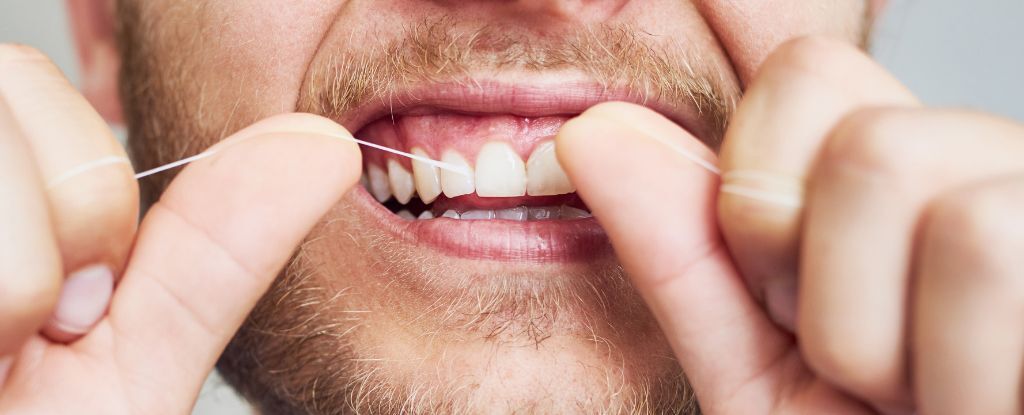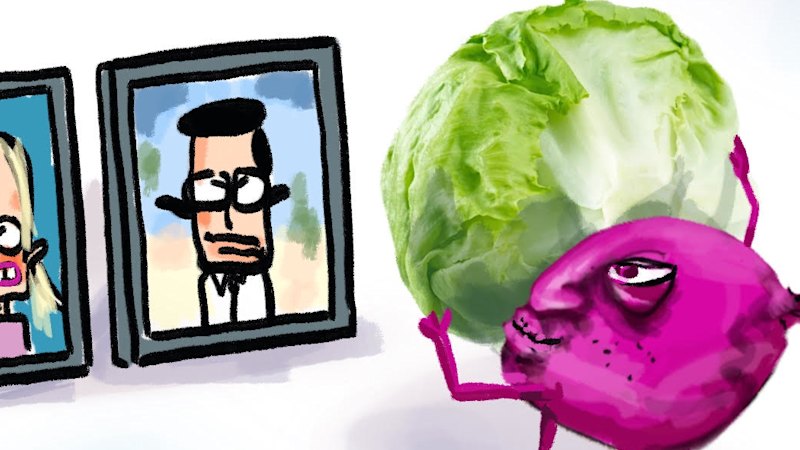
A team of researchers from Texas Tech University has proposed a novel method for vaccine delivery that could alleviate the common fear of needles. Their study suggests that dental floss might serve as an effective alternative to traditional vaccination methods by targeting a specific area in the mouth known as the junctional epithelium (JE). This area, located at the gum-teeth interface, has unique properties that could facilitate vaccine absorption.
The JE is intentionally leaky, designed to allow immune cells to navigate and protect the oral cavity from bacterial threats. This characteristic led the researchers to hypothesize that vaccines could also penetrate this membrane effectively. They articulated their findings in a recent paper published in Nature Biomedical Engineering, stating, “We hypothesized that this leakiness of the JE could expedite the entry of vaccine antigens, and the abundance of immune cells in this microenvironment could elicit an adaptive immune response.”
Innovative Testing with Dental Floss
Delivering vaccines to the JE poses challenges due to its location within the gumline, which has limited previous research on its potential as a vaccination site. The researchers turned to dental floss, a tool well-suited for accessing tight spaces in the mouth. Their experiments involved coating dental floss with various vaccine types and administering them to mice over several weeks. The results were promising, showing robust immune responses both locally in the mouth and systemically throughout the mice’s bodies. Notably, the floss-based vaccine protected the mice from subsequent flu infections.
To further validate their approach, the team conducted tests with human volunteers using dye instead of a vaccine. This preliminary research indicated that sufficient dye reached the JE, suggesting the viability of this method for human use. “These findings establish floss-based vaccination as a simple, needle-free strategy that enhances vaccine delivery and immune activation compared with existing mucosal immunization methods,” the researchers noted.
Potential Advantages and Future Applications
The implications of this research extend beyond the immediate benefits of reducing needle-related anxiety. Floss-based vaccines could simplify vaccine transport and storage, eliminating the need for healthcare personnel to administer them. This method could even allow for vaccines to be mailed directly to individuals, enhancing accessibility, especially during public health emergencies like the COVID-19 pandemic.
Previous attempts to deliver vaccines orally, under the tongue or in the cheek, have faced challenges due to inadequate absorption into the bloodstream. The researchers highlight the necessity for alternative vaccination methods, pointing to the drawbacks of injectables, including pain, potential for blood-borne pathogen transmission, and limited mucosal immunity activation.
While significant research remains before this method can be implemented at scale, the potential for dental floss as a delivery mechanism for vaccines is substantial. The study opens doors to a new realm of vaccine administration that could revolutionize how immunizations are approached globally, especially for those who experience needle phobia. The researchers conclude that there is a pressing need for these innovative strategies to enhance vaccine delivery, particularly in an era marked by the need for swift and effective immunization solutions.







